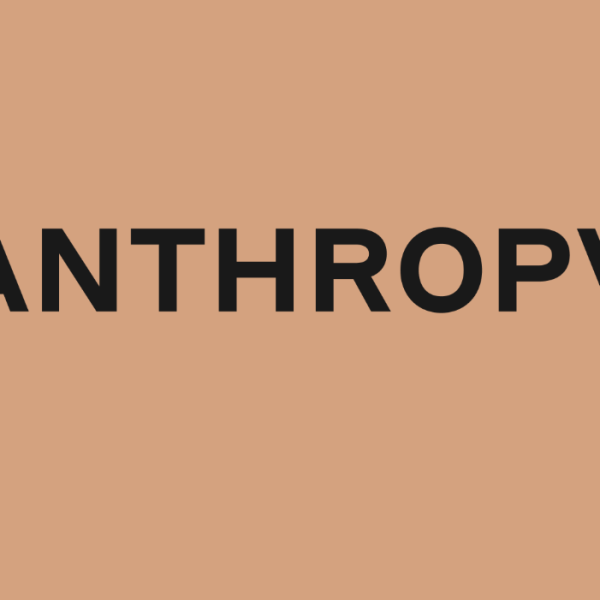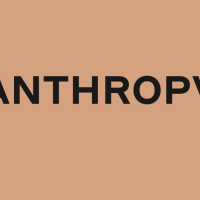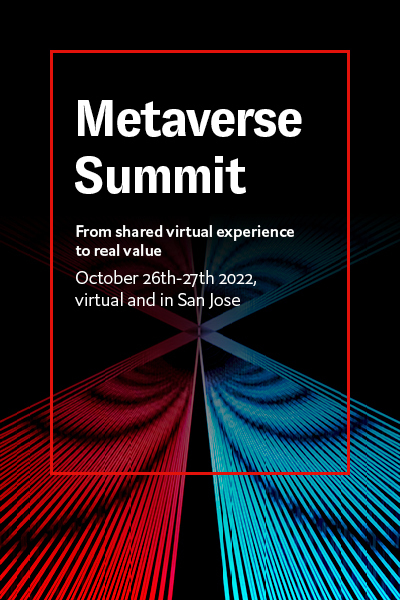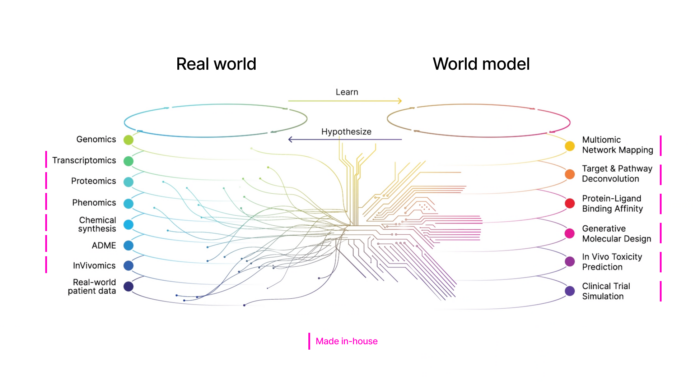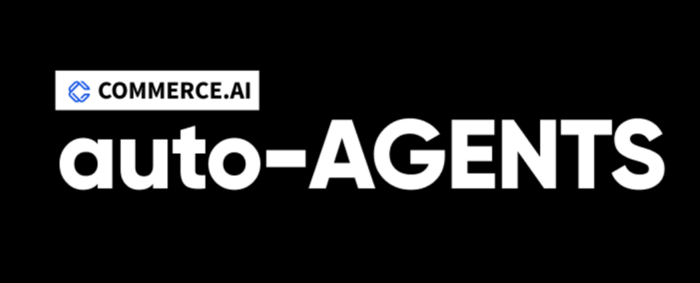- Last modified: November 20, 2024
In a discussion about artificial intelligence’s impact on software development with Lex Fridman recently, Anthropic CEO Dario Amodei shared insights about how AI is rapidly reshaping the programming profession while creating new opportunities for human developers.
Amodei pointed to the dramatic improvement in AI coding capabilities, noting that “on typical real world programming tasks models have gone from 3% in January of this year to 50% in October of this year.” This rapid progress suggests even greater advances ahead, though he carefully added caveats about precise timing predictions.
The transformation of programming will happen particularly quickly for two key reasons, according to Amodei.
“Programming is a skill that’s very close to the actual building of the AI,” he explained, adding that “the farther a skill is from the people who are building the AI, the longer it’s going to take to get disrupted by the AI.”
Rather than eliminating programming jobs entirely, Amodei envisions a shift in how developers work.
“When AIs can do 80% of a coder’s job including most of it that’s literally like write code with a given spec, we’ll find that the remaining parts of the job become more leveraged for humans,” he said. The focus will move toward “high level system design” and architectural decisions.
Looking at development tools, Amodei sees tremendous potential for AI-enhanced IDEs: “I am absolutely convinced that over the next year or two even if the quality of the models didn’t improve that there would be enormous opportunity to enhance people’s productivity by catching a bunch of mistakes doing a bunch of grunt work for people.”
While Anthropic itself isn’t developing these tools directly, they’re partnering with companies building AI-powered development environments.
“Let a thousand flowers bloom,” Amodei said of their API-first approach, allowing customers to innovate in different ways.
The pace of change is so rapid that even industry leaders struggle to keep up. As Amodei noted from his own experience: “As a CEO I don’t get to program that much and I feel like if 6 months from now I go back it’ll be completely unrecognizable to me.”
